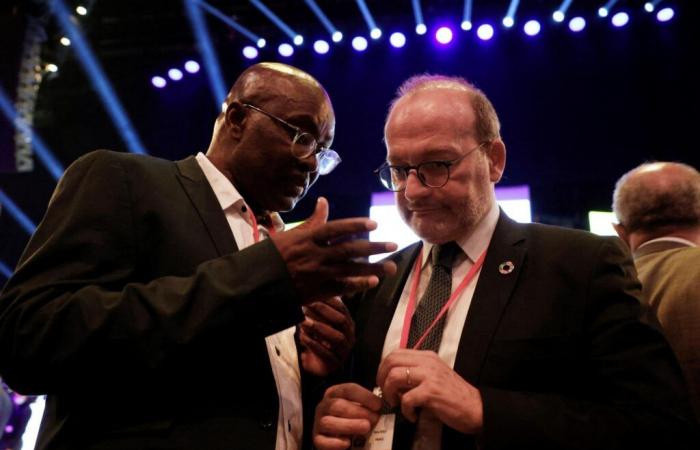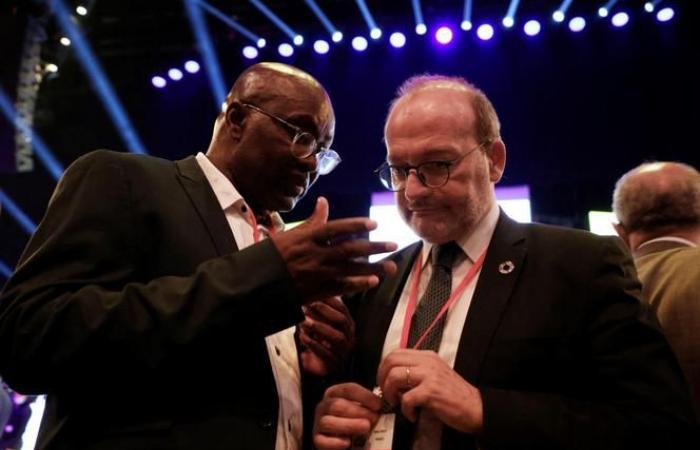Public development assistance (ODA) is well on its way to being the main collateral victim of budget cuts intended to limit the spiraling of French deficits. The finance bill for 2025 currently being examined in Parliament is accompanied by a serious cut to the detriment of support for the most vulnerable countries – 2 billion euros out of the effort of some 40 billion hoped for by the Barnier government, in the form of savings and tax increases – to the point of arousing the concerns of non-governmental organizations, but also of the armed arm of the State in this area, the French Development Agency (AFD) .
Read also | Article reserved for our subscribers Development aid: the great European withdrawal
Read later
According to the finance bill, allocations devoted to development should be down by 1.3 billion euros, a drop to which are added additional savings of 641 million euros. announced at the end of October by the executive – a reduction of around 34% in credits allocated to development in 2025 compared to this year. According to calculations by Coordination Sud, a platform which brings together 180 French international solidarity NGOs, this measure could result in the elimination of basic vaccination for more than 71 million children, or that of school support for a year of more than 17 million of them.
“Not only is France turning its back on poor countries, but it is going to distance itself from the major issues on which it has positioned itself since 2017,” deplores Friederike Röder, vice-president of Global Citizen, an organization fighting extreme poverty. Since Mr. Macron's arrival at the Elysée in 2017, the development aid budget had increased from 10 to some 15 billion euros per year. The tenant of the Elysée has never hesitated to use these instruments as a tool of diplomatic influence. And to this end, France has hosted a number of conferences, including the “summit for a new global financial pact” in June 2023, or a United Nations summit on the oceans, in Nice in June 2025.
“This unprecedented decline is excessive”
A government source argues that aid remains “even higher by 1.2 billion euros compared to 2017, thus demonstrating that France remains fully present and committed”, but that it will be more “refocused” in certain geographic areas and certain sectors. The Ministry of Foreign Affairs – whose operating budget is more or less spared – is therefore forced to review some of its programs, while the Head of State remains discreet, far from the tumult caused by the budgetary debate. The Elysée is content to make it known that it is a matter of“a subject that he follows closely given the strong commitment of the President of the Republic to public development assistance”. But it is difficult for Mr. Macron to take the opposite view of his Prime Minister, on the front line in the budgetary debates.
You have 48.92% of this article left to read. The rest is reserved for subscribers.
France







